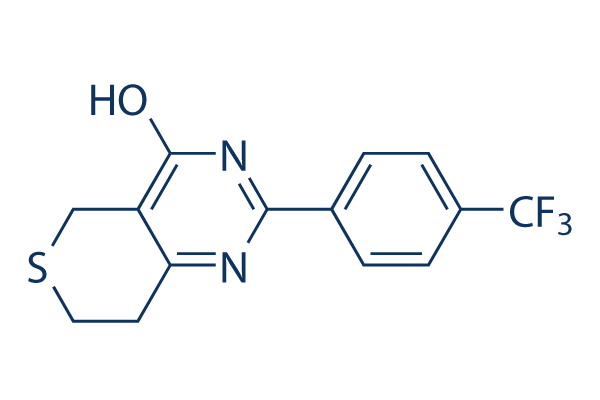Breast cancer preferentially spreads to bone. Tumor cells can make or stimu late tumor stromal cells to secrete various cytokines, ECM elements,together with other bioactive factors that act on cells inside the tumor, stroma and bone. Provided an proper setting, tumor cells become more invasive, stromal tissues assistance tumor outgrowth, and metastasis happens. The bone microenvironment favors tumor cell colonization for cancers such as breast, pros tate, lung, renal, and colon. Breast cancer metastasis is historically bone destructive and osteolytic in nature, al even though latest systemic advances in treatment which include bisphosphonates that potently inhibit osteoclastic action has resulted in far more mixed osteolytic osteoblastic ailment. Hence, the distinct molecular interactions between the breast cancer cells, stromal tissues and also the bone micro atmosphere drive the growth of bone metastasis.
A mechanistic understanding of the molecular aspects asso ciated with bad prognosis is very important kinase inhibitor BMS-790052 in creating new therapies and molecular selleck chemical targets. Area and systemic immune modulators influence the tumor phenotype. A number of cytokines and growth components participate in tumor stroma connectivity, in par ticular transforming growth component B and tumor necrosis aspect. These aspects are at first sti mulated from the immune method in response to tumor cells, taking part in an important role in each immunity and irritation. These factors have also been proven to manage tumor stromal cell proliferation, differentiation, and apoptosis. For the duration of the early phases of tumori genesis, TGF B inhibits tumor growth, and TNF induces tumor necrosis by initiating apoptotic cell or death affecting tumor vascularization. Paradoxically on the other hand, they are able to also advertise tumor cell proliferation, progression and metastasis in superior breast cancer.
Consequently, each TNF and TGF B show a dual part in breast cancer tumorigenesis the two as tumor promoters and as tumor suppressors. Breast cancer stromal cells express enhanced TGF B one, TNF,and extracellular matrix molecules this kind of as versi can. Enhanced versican expression promotes enhanced levels of pEGFR, pERK, and pAKT. Expression of pERK enhances tumor cell migration, invasion, growth, and metastasis.  We now have previously proven that expression of pAKT enhances tumor cell resistance to sure che motherapeutics and influences cellular survival and self renewal. In this research, the more than expression of versican and TGF B promoted pre osteoblast cell expression, en hancing EGFR JNK signaling. This subsequently inhib ited osteoblast cell differentiation. Enhanced expression of versican and TNF in bone stroma activated pEGFR pJNK signaling in osteoblast cells, which induced osteo blastic cell apoptosis.
We now have previously proven that expression of pAKT enhances tumor cell resistance to sure che motherapeutics and influences cellular survival and self renewal. In this research, the more than expression of versican and TGF B promoted pre osteoblast cell expression, en hancing EGFR JNK signaling. This subsequently inhib ited osteoblast cell differentiation. Enhanced expression of versican and TNF in bone stroma activated pEGFR pJNK signaling in osteoblast cells, which induced osteo blastic cell apoptosis.
Related posts:
- NVP-LAQ824 HDAC inhibitor are in the entry of tumor cells in blood vessels en
- Elvitegravir EVG or irinotecan inhibited the growth of glioblastoma tumor cells or cancer c Lon
- Elesclom RFS in cohorts of patients with ER breast cancer treated with
- JAK Inhibitors especially in the age-related osteoporotic bone
- Iyengar Yoga May Improve Fatigue in Breast Cancer Survivors
